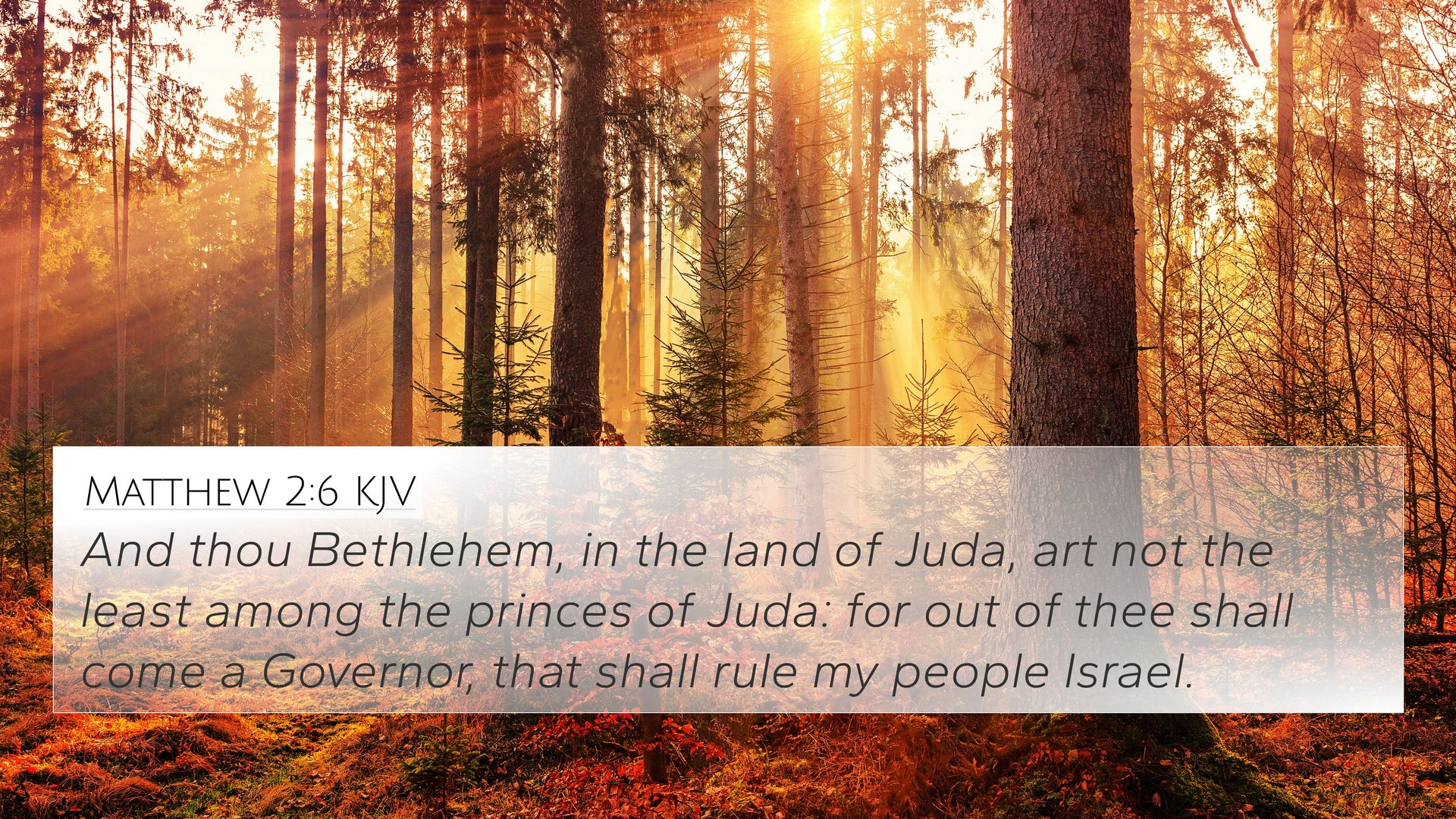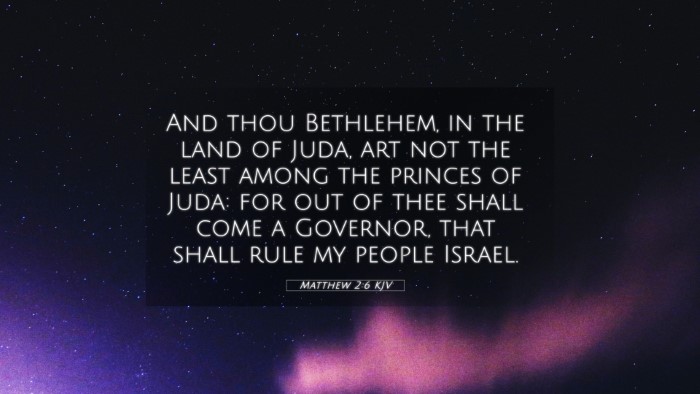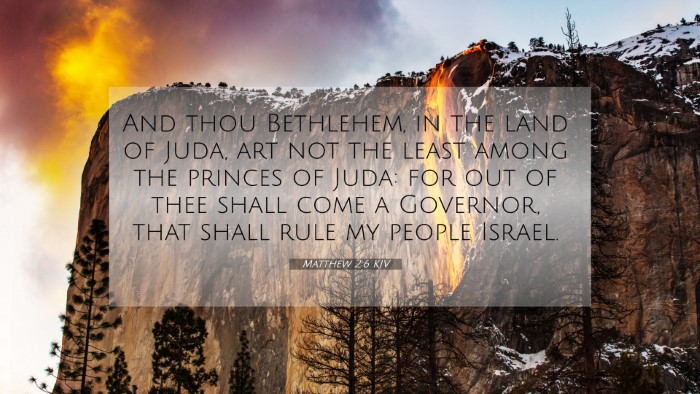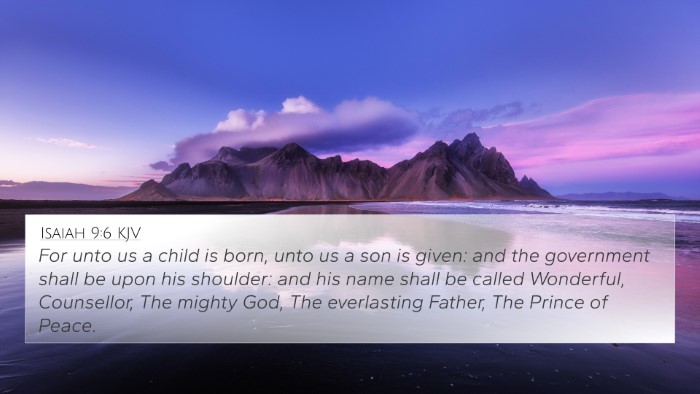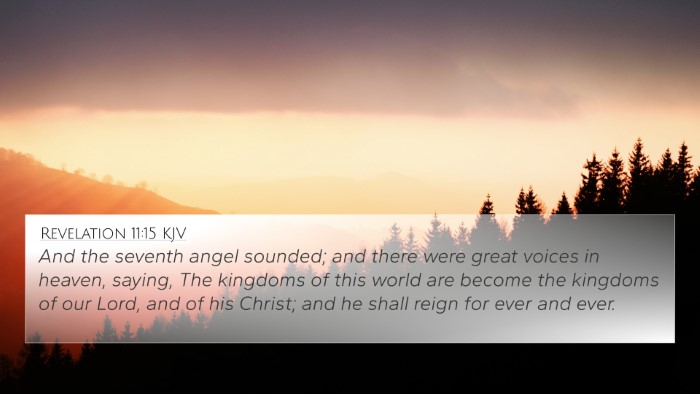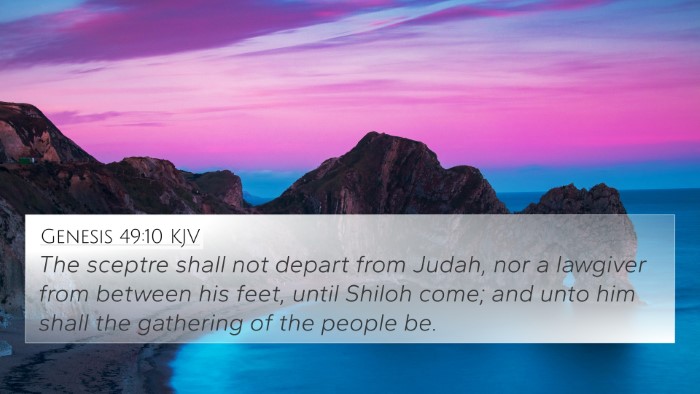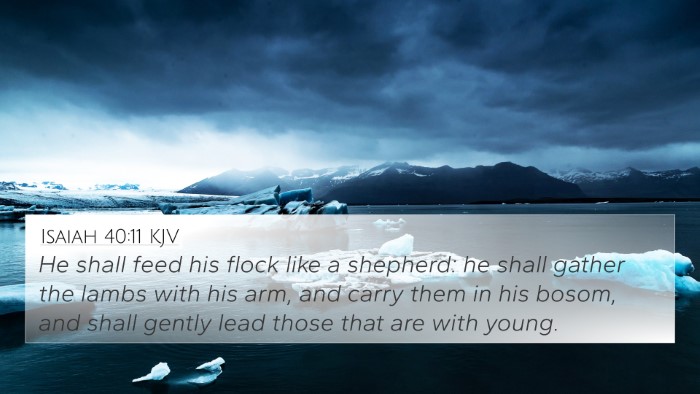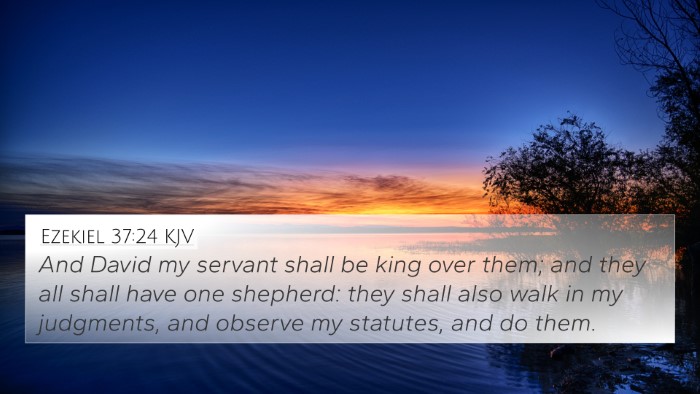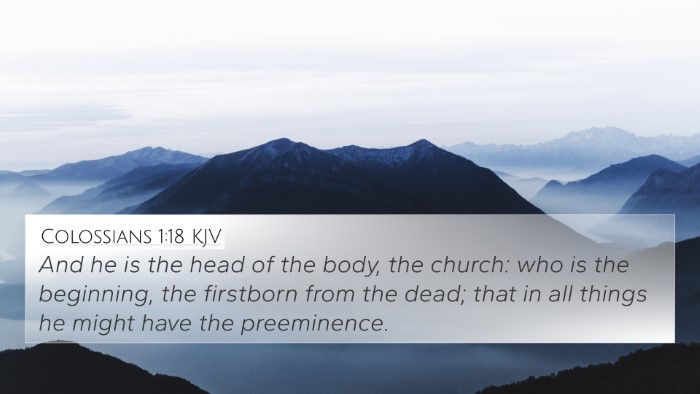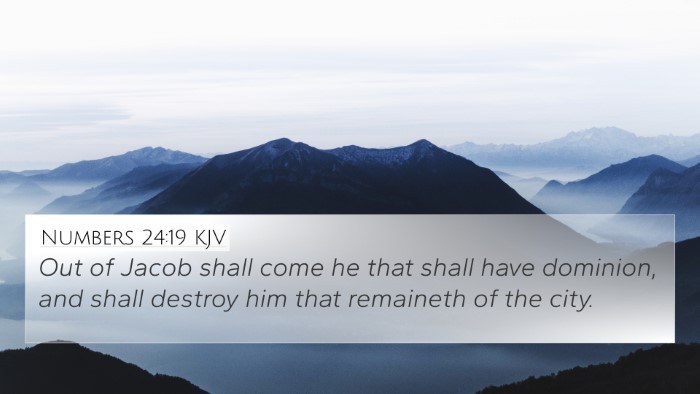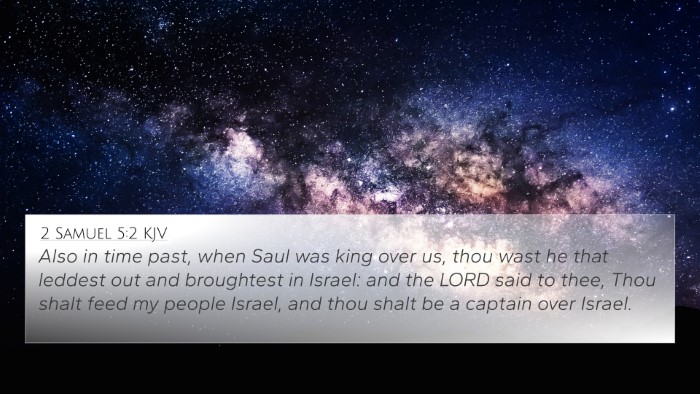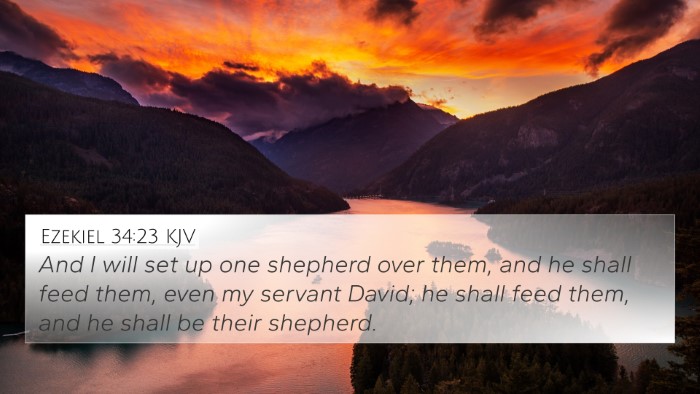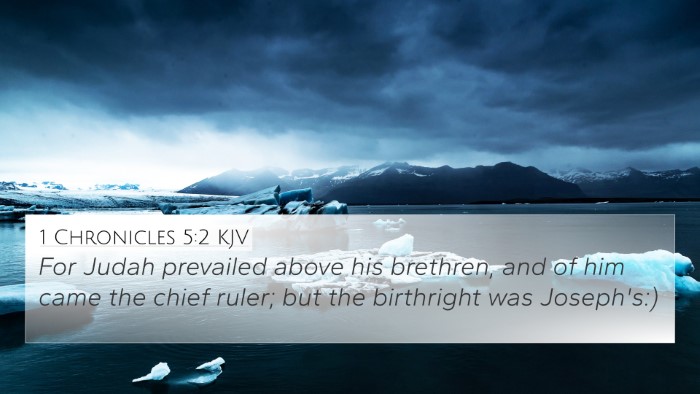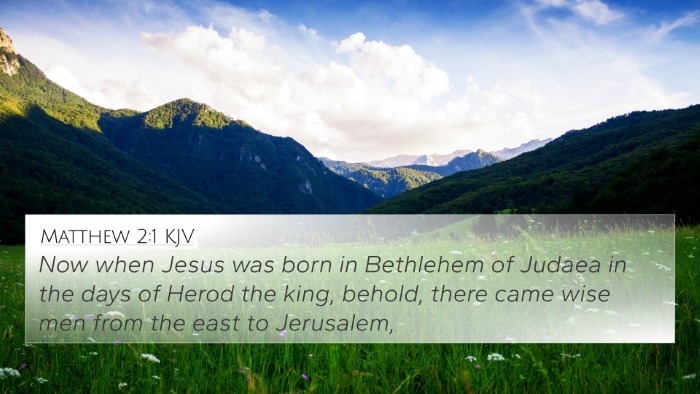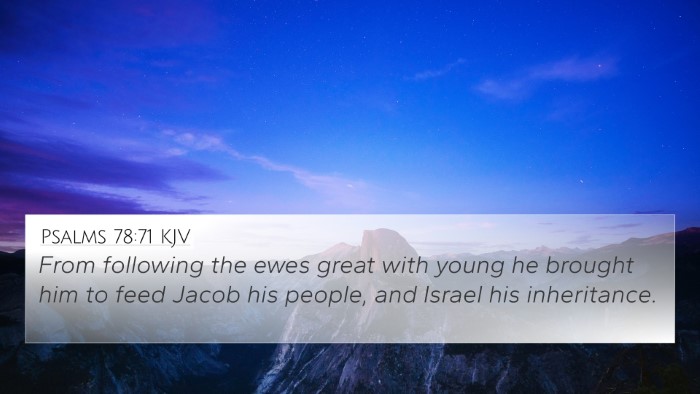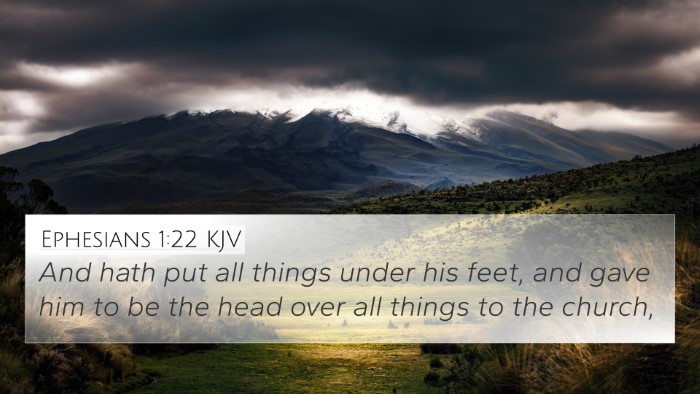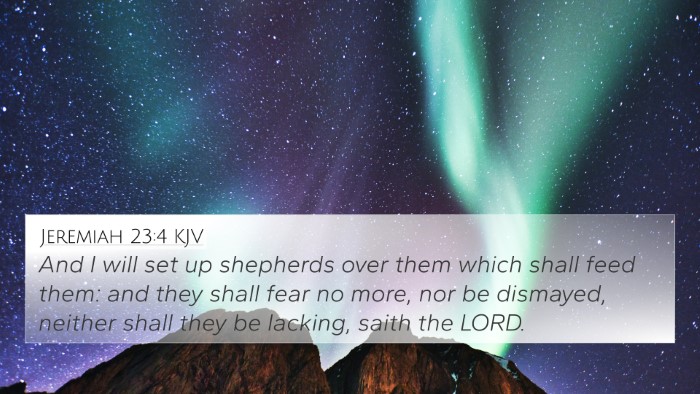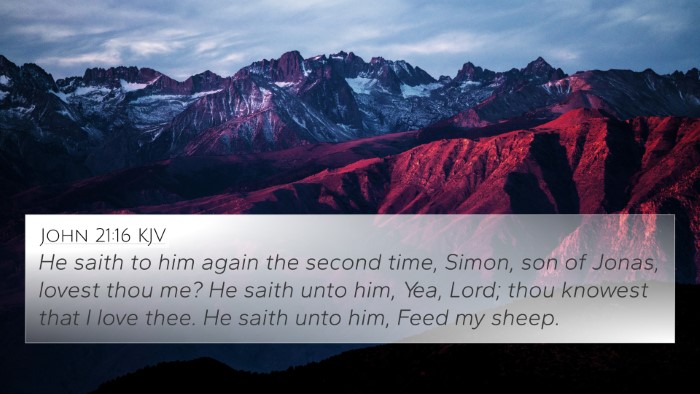Understanding Matthew 2:6
Bible Verse: Matthew 2:6 "But you, Bethlehem, in the land of Judah, are by no means least among the rulers of Judah; for out of you will come a ruler who will shepherd my people Israel."
Summary of Meaning
This verse fulfills the prophecy regarding the birthplace of the Messiah, emphasizing the significance of Bethlehem. Despite its small stature, Bethlehem is honored as the birthplace of Jesus, who is revealed as the supreme ruler and shepherd of God's people.
Commentary Insights
Matthew Henry's Commentary
Matthew Henry explains that this verse highlights God's choice of Bethlehem, a seemingly insignificant place, to bring forth a ruler. It underscores the theme that God's plans often arise from humble beginnings. This prophecy not only speaks to the location of Jesus' birth but also alludes to His role as the shepherd of His people, emphasizing care, guidance, and leadership.
Albert Barnes' Notes
Albert Barnes draws attention to the prophetic nature of this verse, linking it to Micah 5:2, which foretells the ruler of Israel coming from Bethlehem. Barnes notes how this aligns with God's method of using unlikely instruments to fulfill His purposes, marking Bethlehem as a place of prophetic significance. He further emphasizes the “ruler” refers to Christ's divine authority and mission to care for and lead His people.
Adam Clarke's Commentary
Adam Clarke elaborates on the contextual significance of Bethlehem in Jewish tradition. He notes the historical lineage of King David from this region, connecting Jesus’ messianic role as a descendant of David from Bethlehem. Clarke emphasizes the duality of Jesus' identity as both ruler and shepherd, reflecting His compassionate leadership and kingship over Israel.
Related Bible Cross References
- Micah 5:2 - Prophecy about Bethlehem being the birthplace of a ruler.
- Luke 2:4-7 - The account of Jesus’ birth in Bethlehem.
- Isaiah 9:6 - A prophecy declaring Jesus as the Wonderful Counselor and Prince of Peace.
- John 10:11 - Jesus as the Good Shepherd, highlighting his protective and guiding role.
- Jeremiah 23:5 - Reference to a righteous branch to be raised up for David.
- John 1:46 - Nathanael’s skepticism about anything good coming out of Nazareth, contrasting with Bethlehem’s significance.
- Hebrews 7:14 - Describing Jesus’ lineage from Judah, affirming His royal descent.
- Revelation 7:17 - The imagery of Jesus as the shepherd in eternity guiding His followers.
- Matthew 1:1 - The genealogy of Jesus Christ, emphasizing His Davidic descent.
Connections and Thematic Reflections
This verse illustrates essential themes within the Bible, including:
- The importance of prophecy: Matthew 2:6 connects to multiple prophecies about the Messiah, illustrating the fulfillment of divine promises.
- God’s use of humble beginnings: Like Bethlehem, which is small and unassuming, the chosen vessels and methods in God's plan often come from unexpected places.
- The role of Jesus as shepherd: The shepherd motif is prominent throughout the Bible, signifying guidance, provision, and care for God’s people.
- Royal lineage: The reference to Bethlehem as the city of David connects Jesus to the history of kingship in Israel, reinforcing His rightful claim to the throne.
Inter-Biblical Dialogue
The exploration of Matthew 2:6 encourages a broader conversation between Old Testament prophecies and New Testament fulfillments:
- Micah and Matthew: The willingness of Matthew to cite Micah shows the continuity within Scripture and highlights the essence of Jesus’ mission.
- Connections with shepherd imagery: The role of shepherds in the Bible traces back to David and is fulfilled in Jesus, who embodies the characteristics of a good shepherd.
- Literary parallels: There’s a literary and thematic resonance when reading about David’s anointing from Bethlehem alongside the accounts of Jesus' birth.
Conclusion
Matthew 2:6 serves as a significant verse, meticulously linking the Old and New Testaments through themes of prophecy, leadership, and humility. As believers engage with this verse, they are invited to explore the vast connections between bible verses, enhancing their understanding through cross-referencing biblical texts.
Tools for Study
For those wishing to delve deeper into Bible verse connections, consider utilizing:
- Bible concordances to help identify related themes.
- Bible reference resources that offer insight into contextual backgrounds.
- Cross-reference guides for cross-referencing Bible study methods.
- Comparative studies of Gospels for detailed cross-references.
Understanding Matthew 2:6 enriches one’s comprehension of the scripture and aids in discovering the profound interconnections within the Word of God.
